Upon submission of your PPP application, all borrowers were required to certify in good faith that “current economic uncertainty makes this loan request necessary to support the ongoing operations of the business.” While we still do not know how the SBA will determine “uncertainty” or whether the SBA will consider your loan as “necessary,” the following guidance can be relied upon:
- For PPP loans less than $2 million:
If the total PPP loan a company received, including all its affiliates, is less than $2 million, that company will be deemed to have made the required certification concerning the necessity of the loan request in good faith. This represents a safe harbor rule for those with PPP loans under $2 million.
- For PPP loans greater than $2 million:
For companies with PPP loans greater than $2 million, the SBA will review those loans and consider individual circumstances to determine if the company had an adequate basis for making the good-faith certification related to the necessity of the PPP loan. If the SBA determines there was not sufficient basis for making the good-faith certification, as long as the loan is repaid, there will be no administrative enforcement or referrals to other agencies.
This is good news for PPP borrowers. For those with PPP loans under $2 million, your good-faith certification is deemed accepted. For those with PPP loans over $2 million, your good-faith certification may be considered accepted once you make your case to the SBA. Presumably, you will need to present cash flow projections and any supporting documentation to make your case. But the worst case is that, if your certification is not accepted by the SBA, you will simply need to pay back the loan, with no other enforcement action taken. In short, most borrowers will now gain comfort in retaining their PPP loans.
Today’s guidance is only applicable to acceptance of the good-faith certification made when applying for the PPP loan. All PPP loan recipients will still need to make their application for PPP loan forgiveness after their 8-week forgiveness period. Therefore, as we have laid out in previous blogs, please continue to use the PPP funds only for allowable expenses and make sure you continue to gather all documentation you will need to present with your forgiveness application. We still await additional guidance on the forgiveness calculations, but our advice is to continue to track and document those forgivable expenses.
If you need assistance determining whether you should return your PPP funds, documenting your PPP loan needs or managing your PPP loan funds, our team is available to help. To learn more, visit the COVID-19 Business Services section of our website or contact us. Also, be sure to subscribe here to get our news and alerts as they are released as we are committed to keeping you updated on how to navigate financial challenges associated with the COVID-19 pandemic.
Bert Mills, CPA, is the Managing Partner at Moore Colson. In his role, Bert sets the vision and mission of the Firm and works closely with the Firm’s leadership to drive and implement strategies.
Andy Starnes, CPA, is a Partner and Tax Services Practice Leader Moore Colson. Andy’s specialties include corporate tax compliance and planning, business consulting and multi-generational planning with a focus on the construction, professional services and staffing industries.
Chris Arnone, CPA, is a Partner and Business Assurance Practice Leader at Moore Colson. Chris has over 20 years of experience providing audit, accounting and consulting services for companies in the transportation, manufacturing, distribution, staffing, private equity and venture capital industries.
Steven Murphy, CPA, is a Partner in Moore Colson’s Tax Services Practice. He is the Practice Leader for the Transportation Industry and also serves as the Tax Practice Leader for the Retail Industry. Steven has over 20 years of experience leading tax engagements and implementing tax strategies.

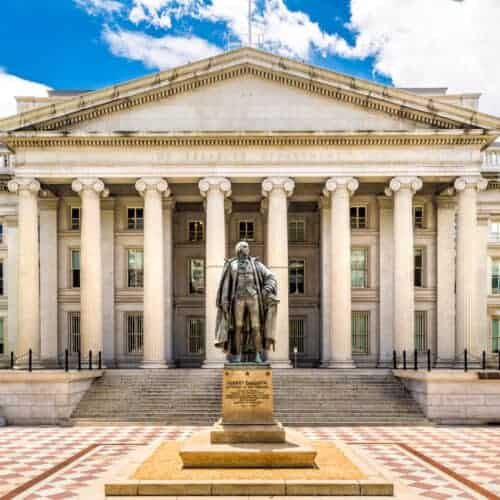


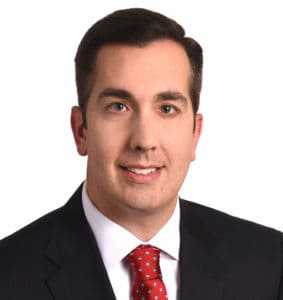

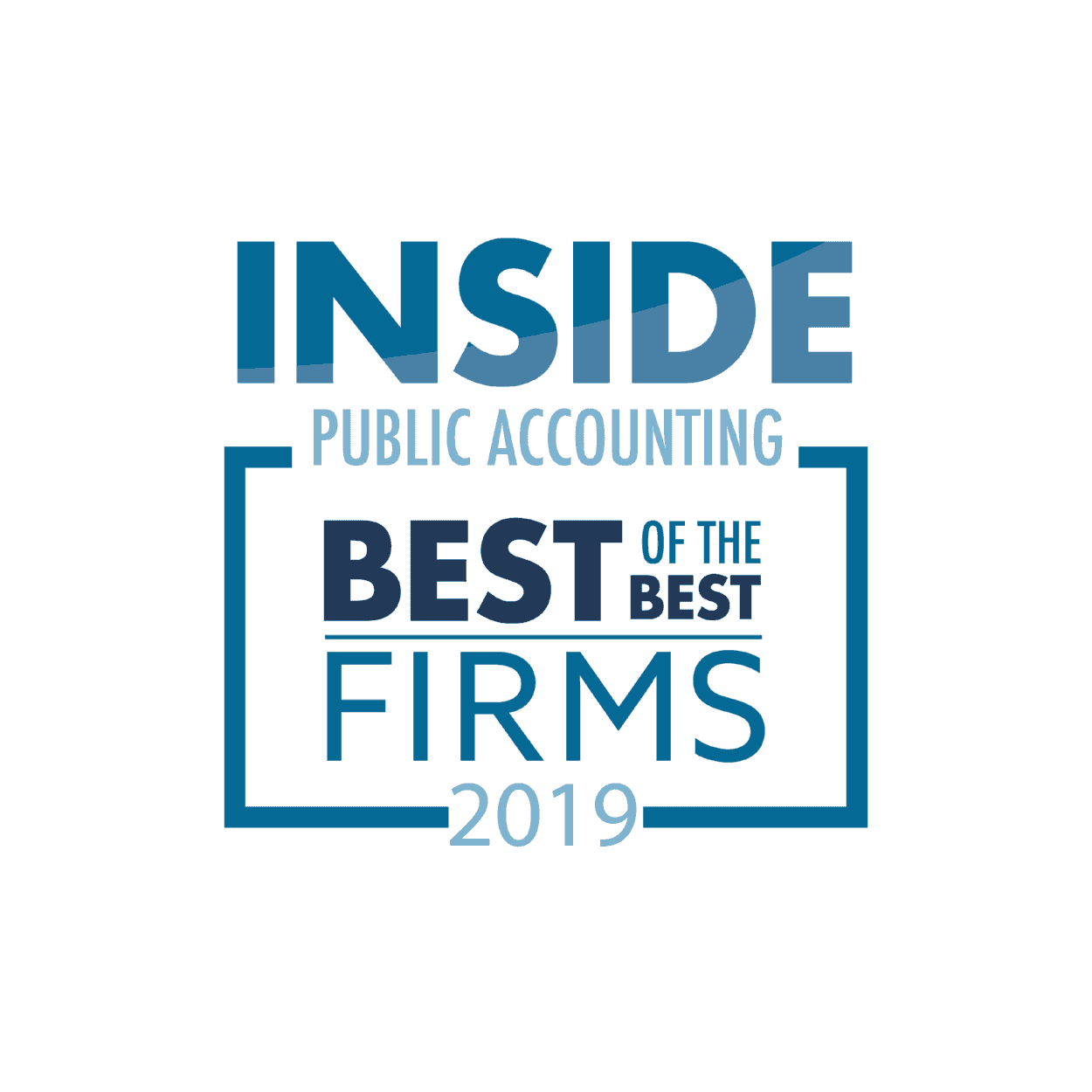
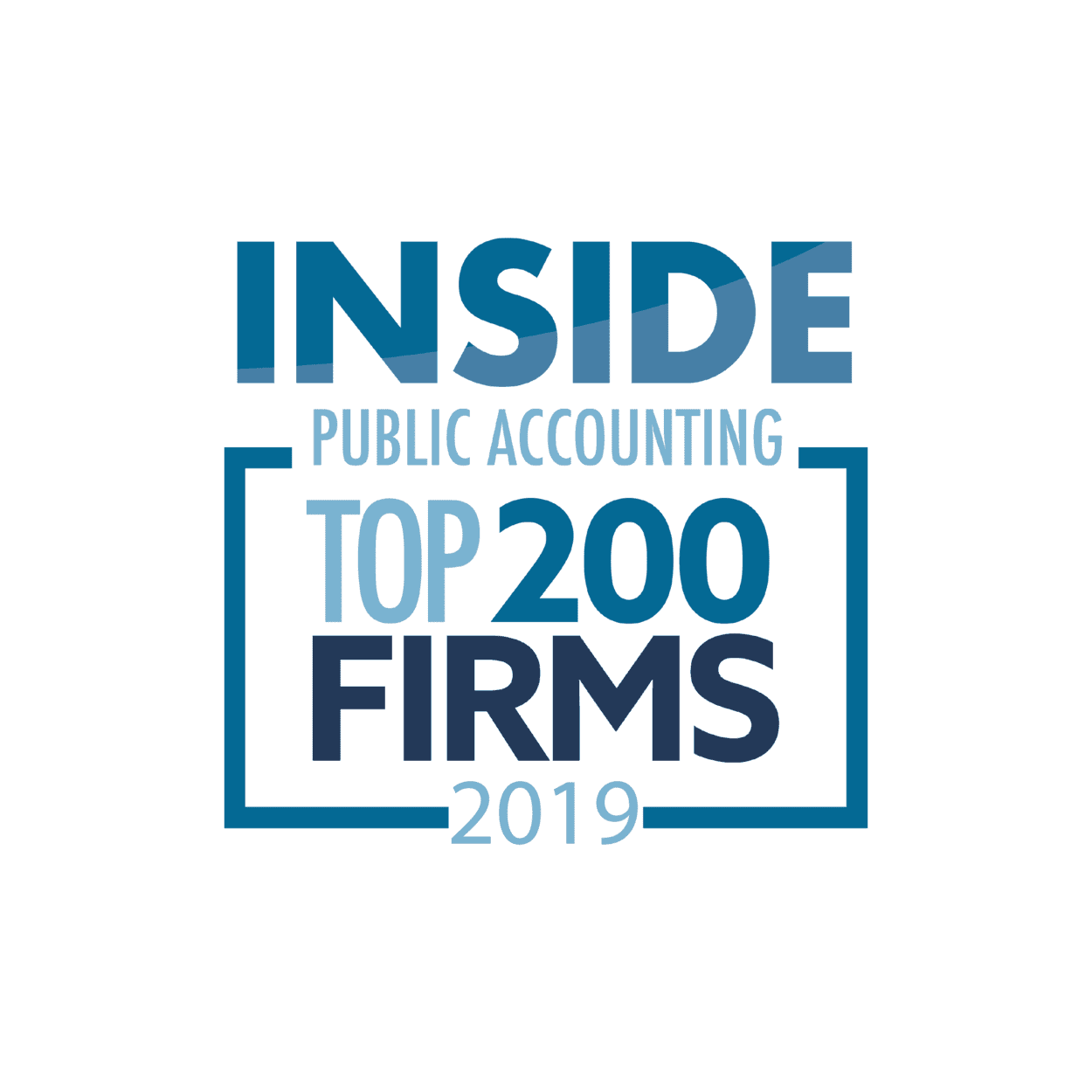
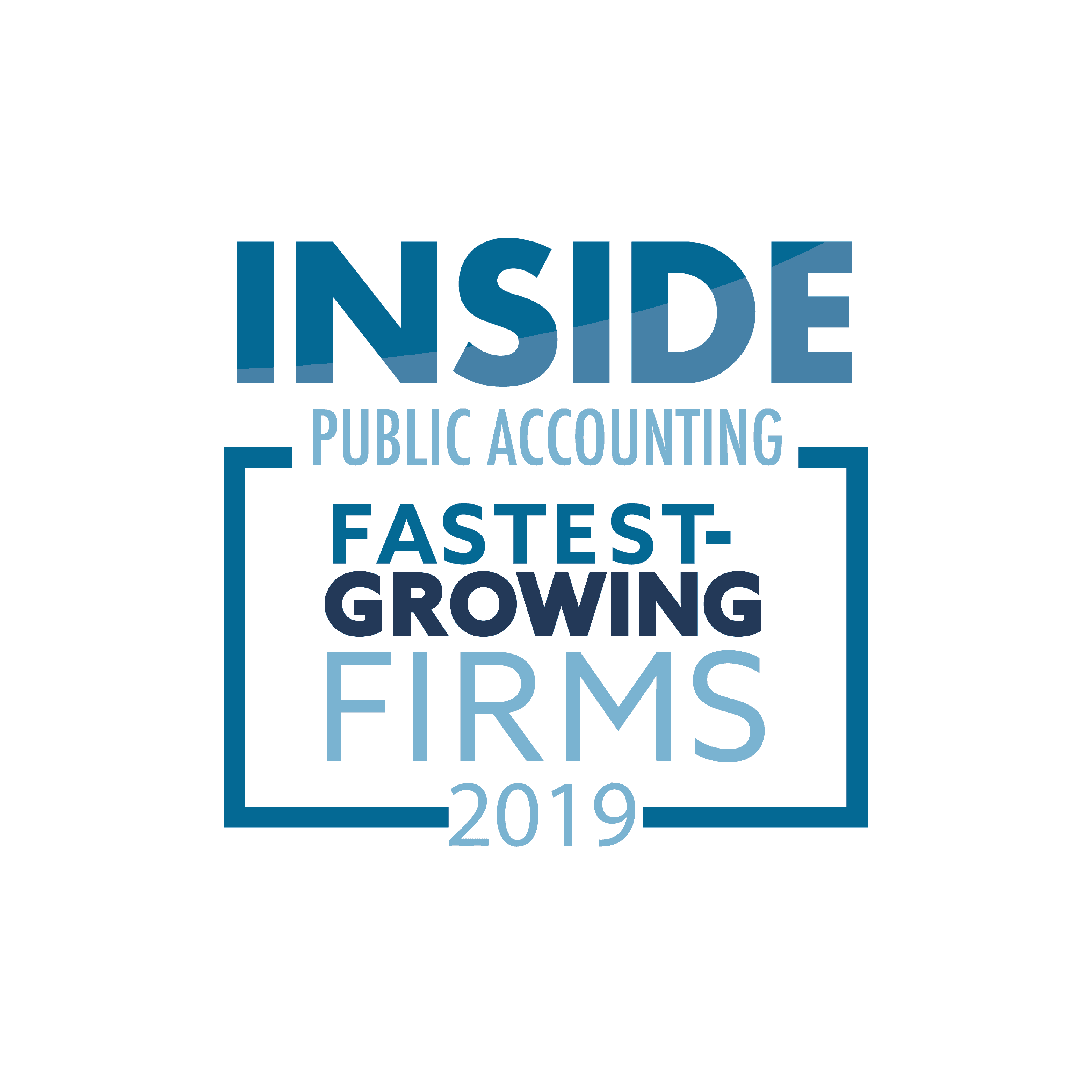

0 Comments